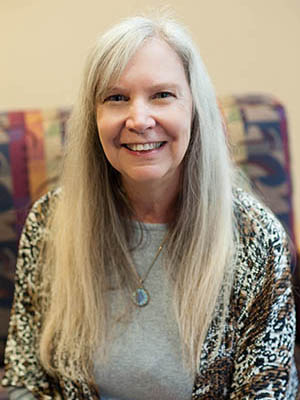Welcome

School of Liberal Arts at Dalton State College
The School of Liberal Arts encompasses a wide array of disciplines within the Department of Communication, the Department of English, the Department of History, and the Department of Social Sciences. The School offers bachelor’s degrees in criminal justice, communication, English, history, psychology, and interdisciplinary studies; associate’s degrees in criminal justice, general studies, and music; and a general studies pathway in theatre. In addition, the School offers course work in anthropology, art, geography, humanities, philosophy, sociology, and foreign languages as well as a wide variety of minors.
Making up the majority of the core curriculum, our courses provide the foundation for future study and for lifelong learning. The School’s talented and creative faculty members are dedicated teachers, many of whom are also published scholars, researchers, poets, and writers as well as accomplished musicians and directors. Whether sponsoring a campus student organization, volunteering in the Writing Lab, organizing campus music and theatre events, or promoting undergraduate research and scholarship, Liberal Arts faculty are committed to creating a positive learning environment that enriches the lives of our students and the broader community.
Dr. Mary Nielsen, Dean
School of Liberal Arts Mission Statement
The School of Liberal Arts is committed to providing excellent instruction within the broad areas of the humanities and social sciences that are the foundation of the core curriculum and that comprise the various majors within the Departments of Communication, English, History, and Social Sciences. Liberal Arts faculty are dedicated to creating a positive and challenging learning environment that promotes student success and high levels of achievement; to acquainting students with the scholarship, literature, methodology, knowledge, and intellectual perspectives of their disciplines; to providing enriching experiences that promote lifelong learning; and to enhancing students’ critical thinking, reasoning, and communication skills that are essential to a productive society.
